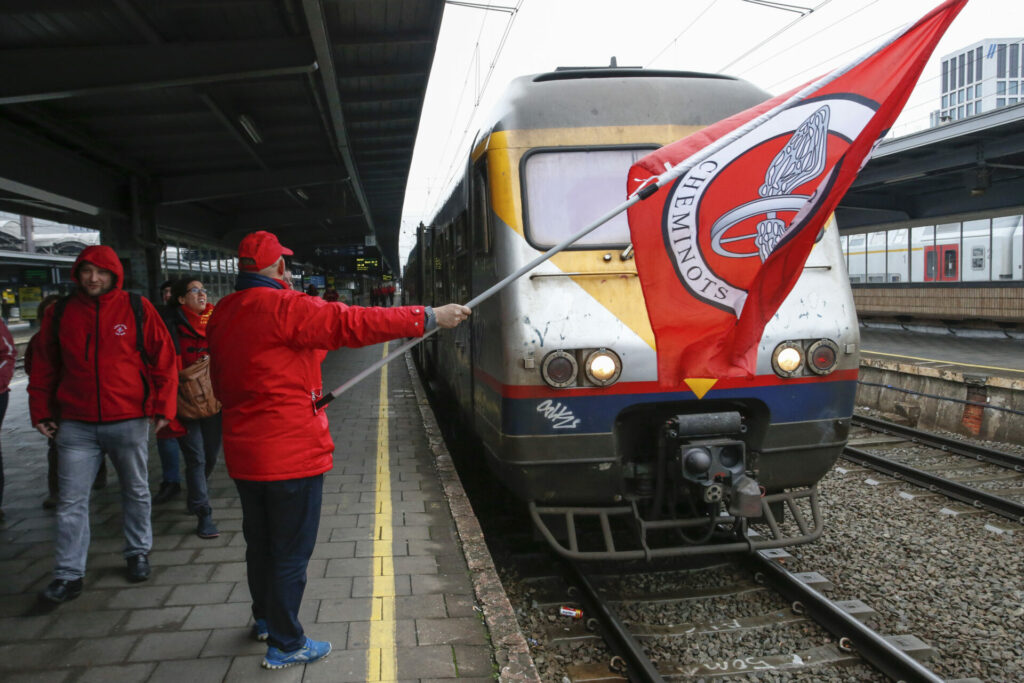From Wednesday, 9 November, the same day as a major general strike by most of Belgium’s major trade unions, striking workers will receive €40 euros instead of €30 in compensation from their respective unions, according to Belgian newspaper Sudinfo.
This economic compensation given by unions is set to be raised for the first time in 10 years. The unions are opposed to the freezing of real wages, with Belgium’s Central Economic Council (CEC) advocating for real wages to be entirely frozen until 2024 under the unpopular Wage Margin Act of 1996.
Striking workers want businesses to be able to decide wage increases for themselves, without the threat of penalty by the Federal Government.
Related News
- Trade union organises strike at Engie Electrabel due to 'draconian' dismissals
- Brussels fire services to strike in December
This 33% increase will help to properly reimburse striking workers for wages lost through their employers.
While €40 may not be enough to fully compensate for lost pay, the move is intended to help reduce the economic burden of strike action on workers.
During the 9 November strikes, public transportation and public services are expected to be significantly disrupted by industrial action. The national strike will be attended by workers from Belgium’s socialist (ABVV/FGTB), Christian (ACV/CSC), and liberal (ACLVB/CGSLB) unions.

